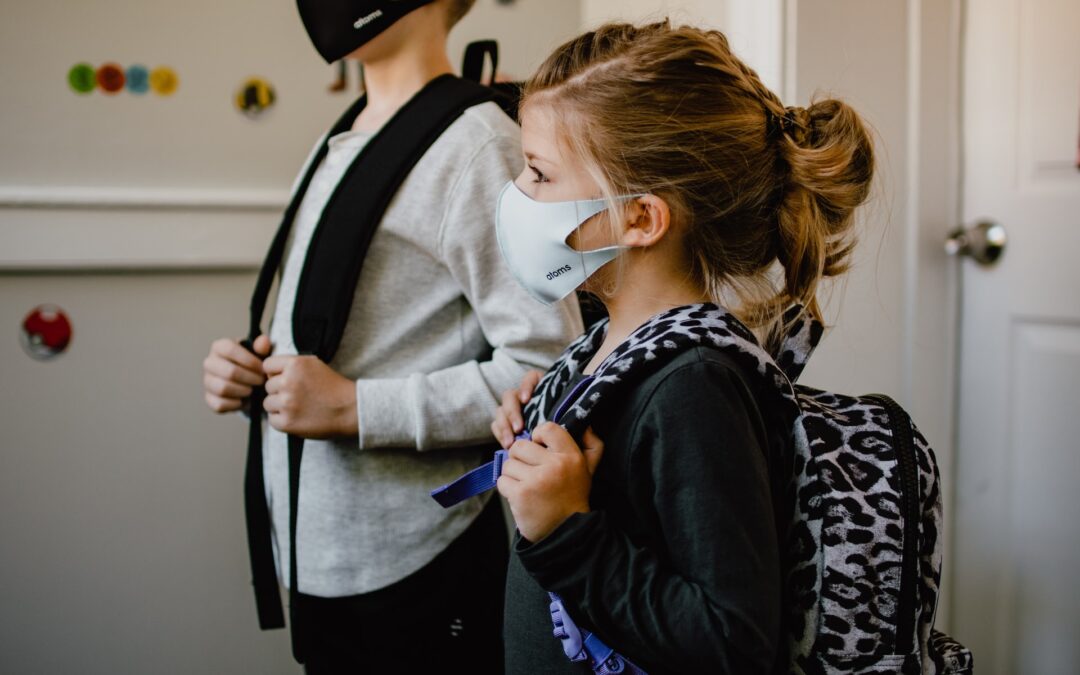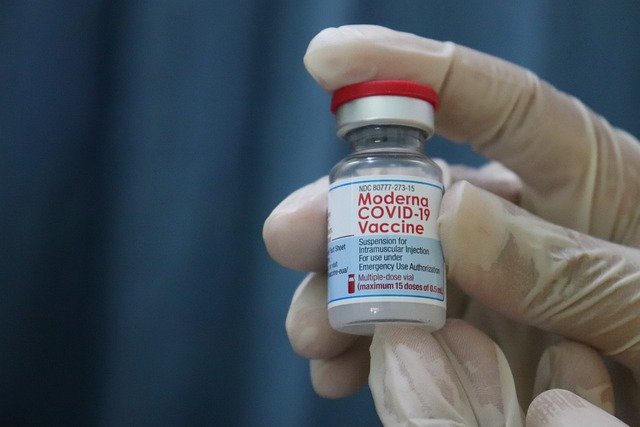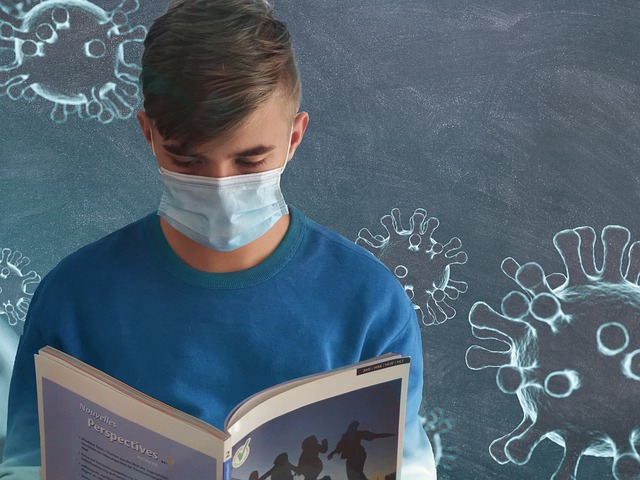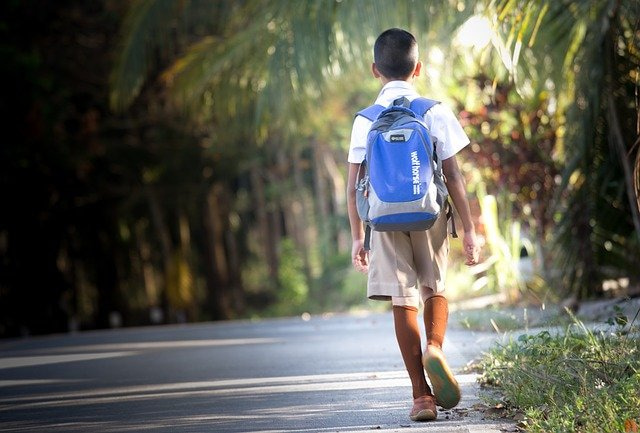
by The Children's Treatment Center | Jan 18, 2022 | General
“Now is the winter of our discontent,” a speech by Shakespeare in Richard III says it all as we muddle through the beginnings of a third year of this pandemic. This horrendous experience has taken a toll on all of us. David Brooks in his op-ed in the NY Times (America...

by The Children's Treatment Center | Nov 18, 2021 | General
As we have watched the Covid-19 pandemic unfold, the focus has been on vaccines being the key to getting us safely through the crisis and back to our normal lives. When they first came out early this year, adults were clamoring to get the jab. Since then, many parents...

by The Children's Treatment Center | Sep 21, 2021 | General
School is starting up for the 2021 – 2022 education year and most districts are returning to in-person learning. While some kids and parents deal with anxieties during any given school year, COVID-19 and the Delta variant are still very much in the news, which...

by The Children's Treatment Center | Aug 10, 2021 | General
The coronavirus pandemic has affected our world in so many ways and we aren’t in the clear yet, despite vaccine availability. The virus continues to evolve, which is especially concerning if you’ll have children attending in-person classes this fall; as children head...





